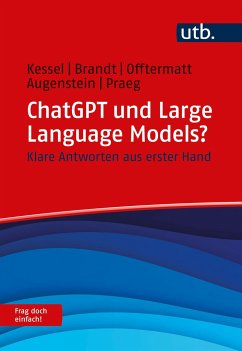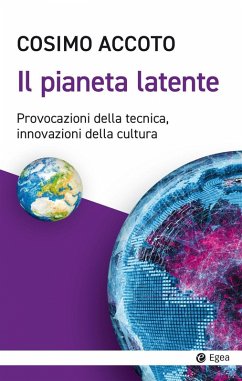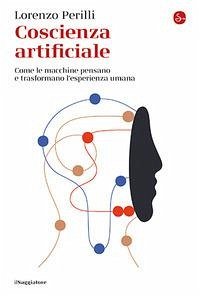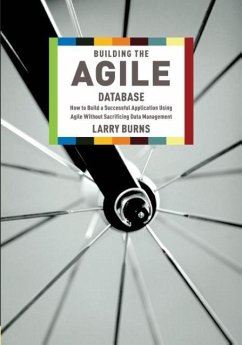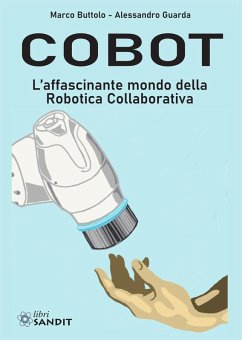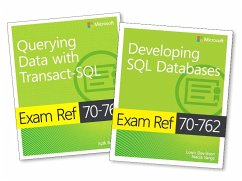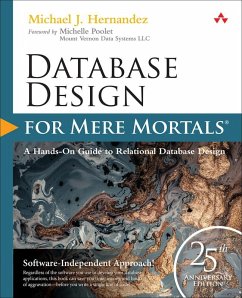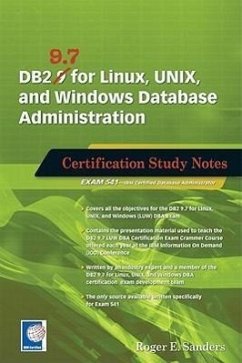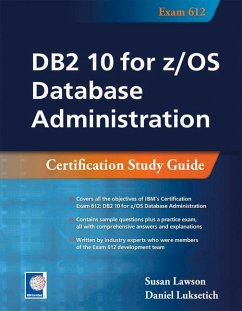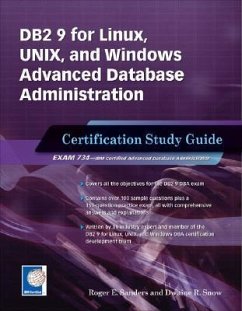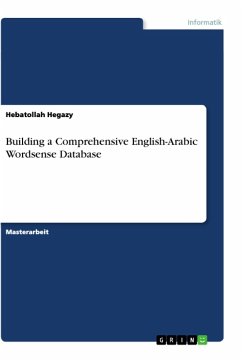
Building a Comprehensive English-Arabic Wordsense Database
Versandkostenfrei!
Versandfertig in 1-2 Wochen
52,95 €
inkl. MwSt.

PAYBACK Punkte
0 °P sammeln!
Masterarbeit aus dem Jahr 2013 im Fachbereich Informatik - Computerlinguistik, University of Alexandria, Sprache: Deutsch, Abstract: The present study derives its significance from the fact that it focuses on identifying language learners' habits of dictionary use, dictionary reference skills, and attitudes towards different types of dictionaries in the past studies on dictionary use and in the present study as well. This emphasizes the great importance of conducting research on dictionary users' needs in order to obtain users' profiles before starting to compile dictionaries for different pur...
Masterarbeit aus dem Jahr 2013 im Fachbereich Informatik - Computerlinguistik, University of Alexandria, Sprache: Deutsch, Abstract: The present study derives its significance from the fact that it focuses on identifying language learners' habits of dictionary use, dictionary reference skills, and attitudes towards different types of dictionaries in the past studies on dictionary use and in the present study as well. This emphasizes the great importance of conducting research on dictionary users' needs in order to obtain users' profiles before starting to compile dictionaries for different purposes and usages.To illustrate, instead of student-translators' either spending much time and effort looking up a given source text (ST) word in a number of dictionaries whether printed or electronic to make use of the word entry components that are crucial to a translation task or minimizing their effort to only using a bilingual dictionaries (BLD) list of translations, the researcher has built a free online combinatory BLD that is faster and easier to access by student-translators and that comprises the word entry components vital to the translation process. The present study also raises the issue of emphasizing the benefit of employing automatic resource combination methodologies for purposes other than creating lexicons for use in NLP systems, such as constructing dictionaries for use in human translation as presented in the current study as well as building better learner's dictionaries.The issue of dictionary users' consultation practices and attitudes towards different types of dictionaries has been the subject of many research efforts. To illustrate, it has been proved by past empirical studies on dictionary use, as demonstrated in Atkins' (1998), Humblé's (2001), and Welker's (2010) studies, for example, that foreign language (FL) learners and translation trainees hardly consult reference tools other than bilingual dictionaries (BLDs). This occurs owing to a number of factors, examples of which are the rare instruction, if ever, received by learners on dictionary use, the difficulties they encounter when looking up words in monolingual dictionaries (MLDs), particularly those in print, and their negligence of the dictionary usage guide. Thus, they find it easier and quicker to look up a given source text (ST) lexical item only in a BLD, where they find a list of word translations from which they choose the translation they think the most appropriate for the given word context. This most probably results in poor and inappropriate translation output.



